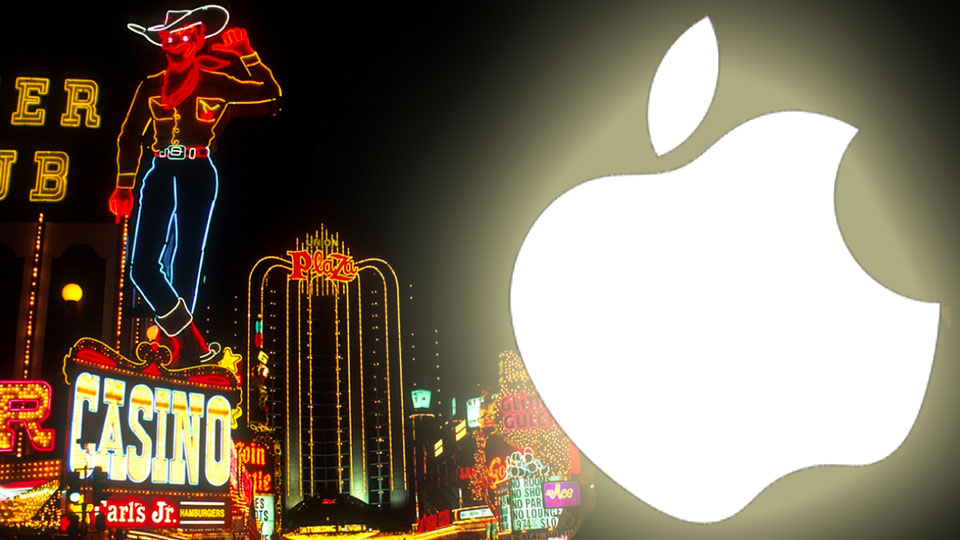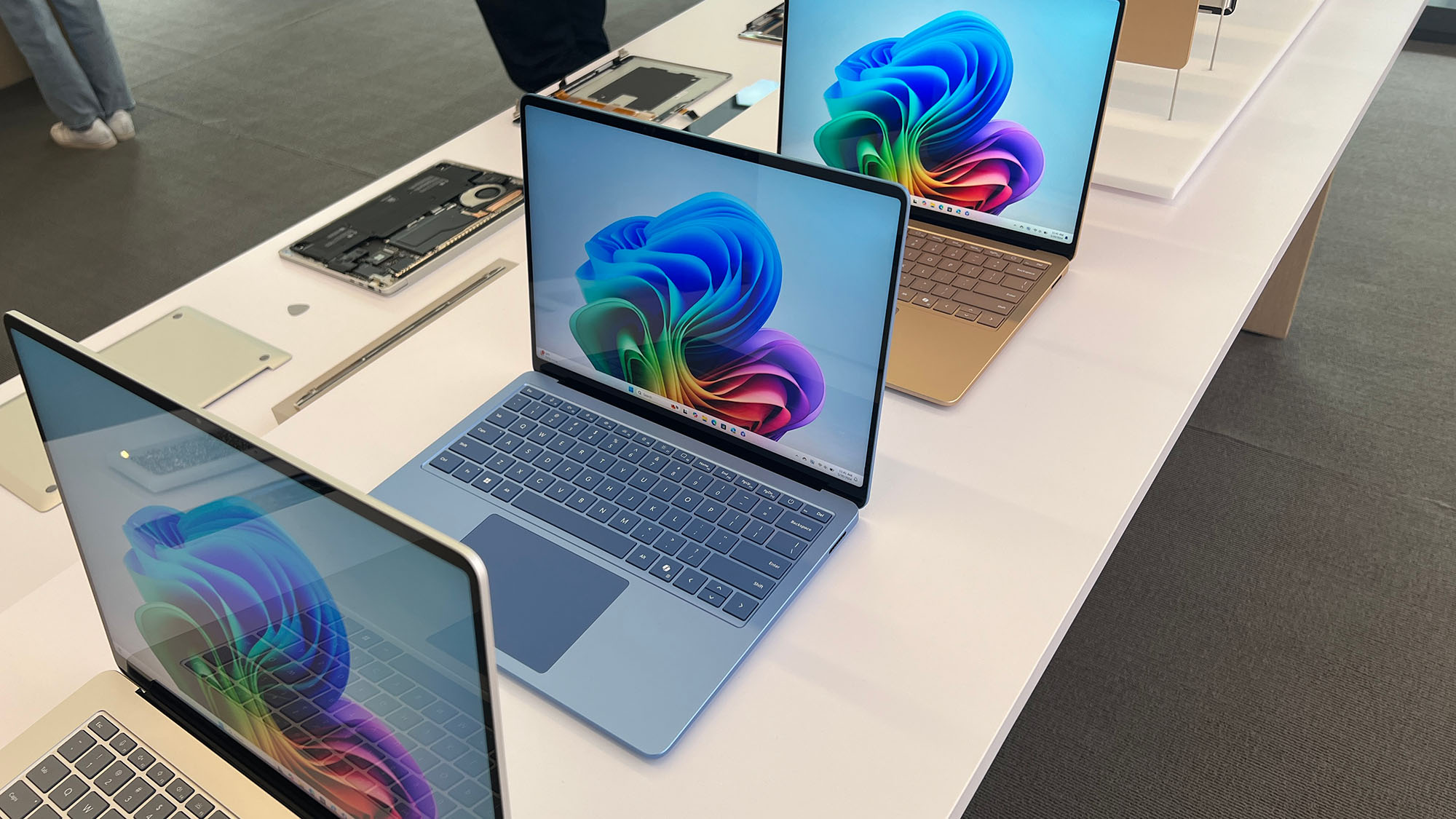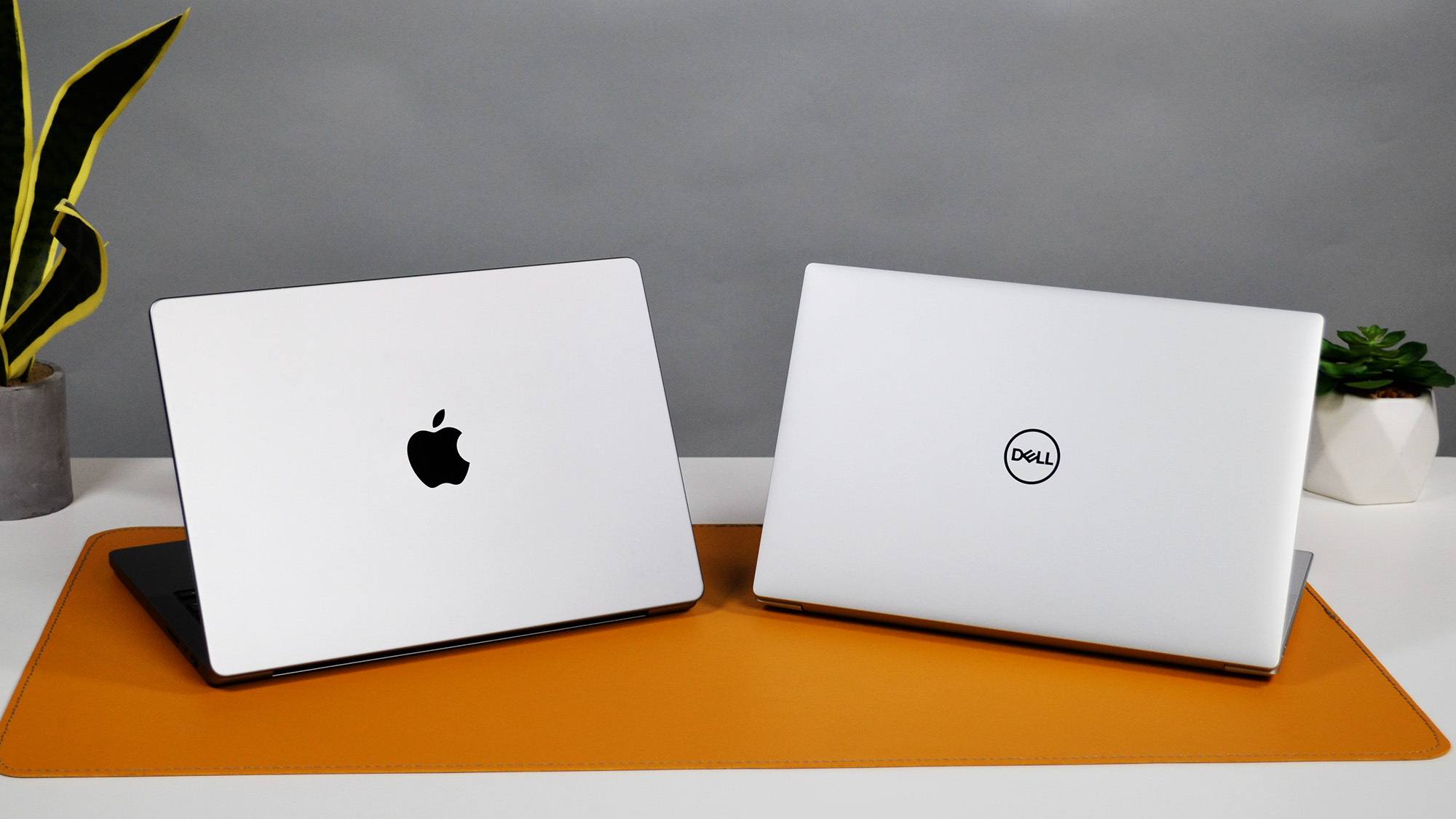
CES 2025 is fast approaching, and as always, there’s one glaring tech industry omission from the expected lineup: it’s Apple, of course, which hasn’t officially attended the event since the early 90s. Despite being the world’s biggest technology trade show, Apple seemingly has no desire to participate in CES – though as usual, we can expect the iPhone giant to cast its long shadow over the event.
Almost every year, we see a flurry of post-CES articles remarking on how Apple’s influence is felt at the event – last year, they tactically dropped the Apple Vision Pro launch date a single day before the show kicked off, immediately grabbing attention away from any virtual/augmented reality hardware being showcased at CES.
Plus, you’re always going to see Apple hardware all over the event, whether it’s iOS- or macOS-compatible products being presented, carefully placed advertising campaigns around Las Vegas during the show, or simply industry professionals attending the event with iPhones and MacBooks in hand.
This year is likely to be no different. With the impressive M4 chip landing in iPads and Macs in late 2024 and no doubt more Mac products coming in the near future, Apple has thrown down the gauntlet for rival tech giants, especially those in the laptop and chipmaking arenas.
Who needs to beat Apple at CES?

We’ll start with CPUs and GPUs, since that’s the hot topic right now. Intel, AMD, Qualcomm, and Nvidia are all likely to have a strong presence at CES this year, with Qualcomm’s 2nd-gen Snapdragon X Elite chips slated for reveal at the event and Nvidia teasing its new RTX 5000 GPUs weeks ago. Apple only broke into the first-party silicon industry in 2020 with the M1 chip, but ever since then, it’s been taking its chips – and the devices that use them – to impressive new heights.
Rumors have been circulating about the possibility of an M4 Ultra chip too, which could appear this month – possibly alongside a new Mac Studio or Mac Pro. Whatever happens, Apple is in a strong position right now when it comes to its desktop and laptop chip performance, something that its rivals will have to surpass to claim any sort of victory from CES.
It’s not purely about conventional processors and graphics these days, either. Neural Processing Units (NPUs) are swiftly becoming more important as AI tools seep into the cracks of our software and hardware, and the M4 generation’s ‘Neural Engine’ is pretty strong – although I personally suspect Apple might lose pretty hard in that department, at least when it comes to on-paper specs. The M4 NPU offers 38 trillion operations per second (TOPS), while the current-gen Snapdragon X Elite from Qualcomm can already reach 45 TOPS.
Laptops vs MacBooks: fight!

We’re practically guaranteed to see a flurry of new Windows laptop reveals at CES (we do literally every year), but whether any of them will be able to unseat Apple from its throne of MacBooks remains to be seen.
Apple will likely reveal an M4-powered MacBook Air this month – heck, they might have already done so in the time between me writing this and you reading it – since they rather hilariously leaked their new laptop themselves via a macOS update in December.
Apple describes the MacBook Air as “the world’s best-selling laptop” – a claim I take a little bit of umbrage at, given that Apple seemingly classifies all MacBook Airs as one product while treating every other manufacturer’s different configurations as separate ones, but I can’t argue that it certainly is popular and sells well. Simply put, an M4 MacBook Air reveal so close to CES would be a major spanner in the works that could threaten to overshadow any laptop launches at the event.
There’s no doubt a number of manufacturers will be unveiling MacBook competitors during the show, likely under the watchful eyes of Qualcomm, AMD, and Intel. These three companies will be locked in CPU combat this year; ever since Qualcomm stole a chunk of the limelight from Team Red and Team Blue back at Computex 2024, the race to make faster and more powerful chips has only been heating up. But regardless of what they produce at CES, Apple’s M-series silicon will be there, lurking in the background.
That’s all I have to say: Apple doesn’t need to attend CES. After all, the Mac maker has repeatedly demonstrated that it’s perfectly capable of running its own major launch events, and Tim Cook is already living rent-free in the heads of every competing company’s executives – why should he pay for a space at the table? A basic small booth at CES apparently costs $50,000… I don’t even want to know how much the big companies pay for theirs.

Comments are closed, but trackbacks and pingbacks are open.